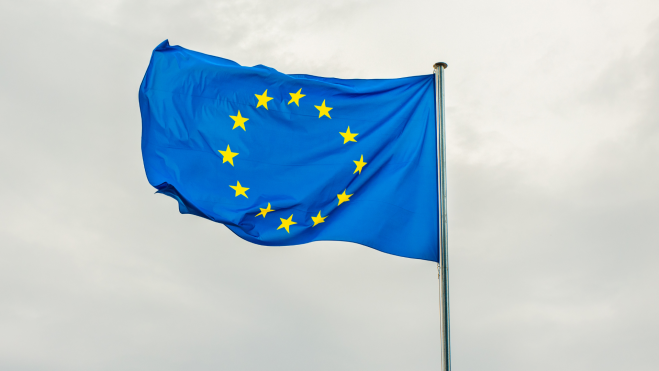The European Union on Monday unveiled some of the new standards it will follow to crack down on greenwashing by companies. Europe will adopt new rules to crack down on some marketing claims that are unproven or false.
According to Global Compliance News, "environmental claims", defined by the EU as any message used in marketing communication that claims or implies that a product has a positive, zero, less harmful or better impact on the environment, will be banned. With regard to claims, the EU wants to put an end to labels such as 'environmentally friendly', 'eco-friendly', 'green', 'ecological', 'climate-friendly', 'carbon friendly' or 'energy efficient'. They can only be used in cases where the product in question can be given and can be proven to be true.
The European Commission agreed with MEPs that in order to use the claims, they must first be assessed by accredited verifiers within 30 days. If a company fails to comply with these rules, it could be excluded from public procurement contracts, lose its revenue and even face a financial penalty of 4% of its annual turnover.
The EU will also ban the display of a sustainability label that is not based on a certification scheme or established by public authorities. Certification must be transparent, fair and non-discriminatory and must be issued by an independent body.
Claims such as 'climate neutral', 'CO2 neutral certified', 'carbon positive', 'climate net zero', 'climate compensated', and 'reduced climate impact' should only be allowed where they are based on the actual life-cycle impact of the product in question and not on offsetting greenhouse gas emissions. However, the EU does not seek to prevent companies from advertising their investments in environmental initiatives, as long as such information is provided in a non-misleading manner.
The latest rules of this EU law focus on the durability of products.
The EU wants consumers to have clear and accurate information about the products they are going to use. The draft will be put to a vote in the next plenary session of the European Parliament in a first reading, scheduled for March 2024.
